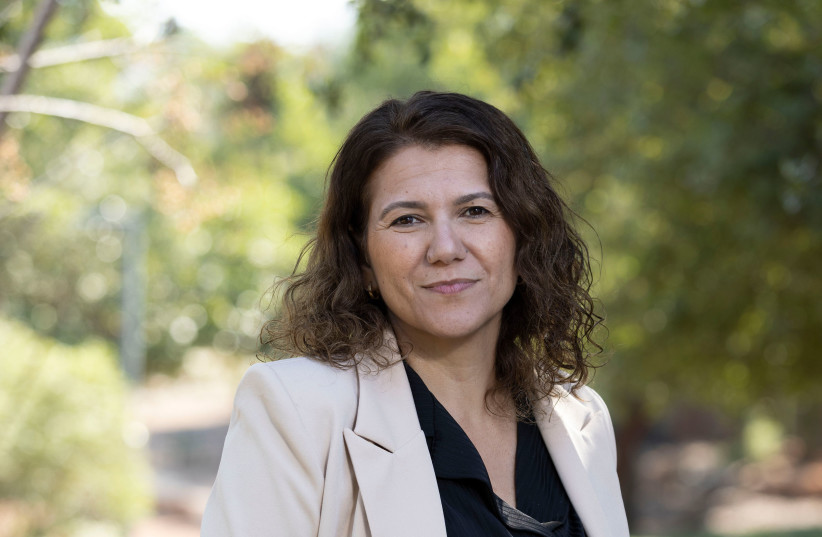In a surprising turn of events, Keren Kayemeth LeIsrael (KKL-JNF) and Jewish National Fund-USA (JNF-USA) have decided to reinstate their cooperative relationship after 20 years of almost complete separation. This unexpected unification has emerged from a series of discussions held in New York, driven by leaders from both organizations, KKL-JNF chairwoman, Ifat Ovadia-Luski, and JNF-USA’s Joe Wolfson.
Sources within the organizations have said that there is no official agreement between JNF-USA and KKL-JNF on any defined plan. They remain two separate independent entities.
The meeting of the two organizations highlighted the fact that they need to leverage the collective resources to focus on issues such as combating the Boycott Divestment and Sanctions (BDS) movement and antisemitism while continuing their mutual support for Israel’s Negev and Galilee.
A strategic rekindling of collaboration
In a statement addressing the renewed cooperation, Ovadia-Luski conveyed her optimism but also acknowledged the hurdles, saying, “Since I took office, I have been striving to reach agreements in many areas. I am confident that this understanding will help the Jewish people and the State of Israel in various ways. Yet, we must remember our history and the lessons learned. Our focus must be on accountability and transparency as we move forward with our renewed partnership.”
This rekindling of collaboration, then, is not just about common Zionist goals, but also a shared interest in overcoming reputational and operational hurdles. They aim to bolster their collective influence, pool resources, and address the growing challenges of antisemitism and the BDS movement. The agreement also calls for the formation of joint task forces to undertake ambitious projects in Israel’s Negev and Galilee regions, including the proposed Zionist Village in Beersheba.

It’s crucial, however, to contextualize this new initiative. It can be seen as a strategic move aimed at pooling resources and consolidating efforts to counter criticisms and ensure the continuity of their mission. As they navigate through this partnership, both organizations must be conscious of the fact that future success relies not only on their cooperation but also on their accountability, transparency, and ability to learn from past mistakes.
The partnership's shared goals for a Zionist future
Joe Wolfson, World Zionist Village chair, echoed this sentiment with an enthusiastic, yet cautious note, “The time to act for our collective Zionist future is now.” Such enthusiasm may be encouraging to some, yet it should be balanced with a candid acknowledgment of the past and the challenges ahead.
JNF-USA’s revenue in 2020 was a staggering more than $100 million. KKL-JNF’s annual budget consists of billions of shekels.
This historic partnership could mark a turning point for KKL-JNF and JNF-USA, as they negotiate their shared goals. Other than working together on planting trees in Israel, there haven’t been any major strategic partnerships between the two organizations.
